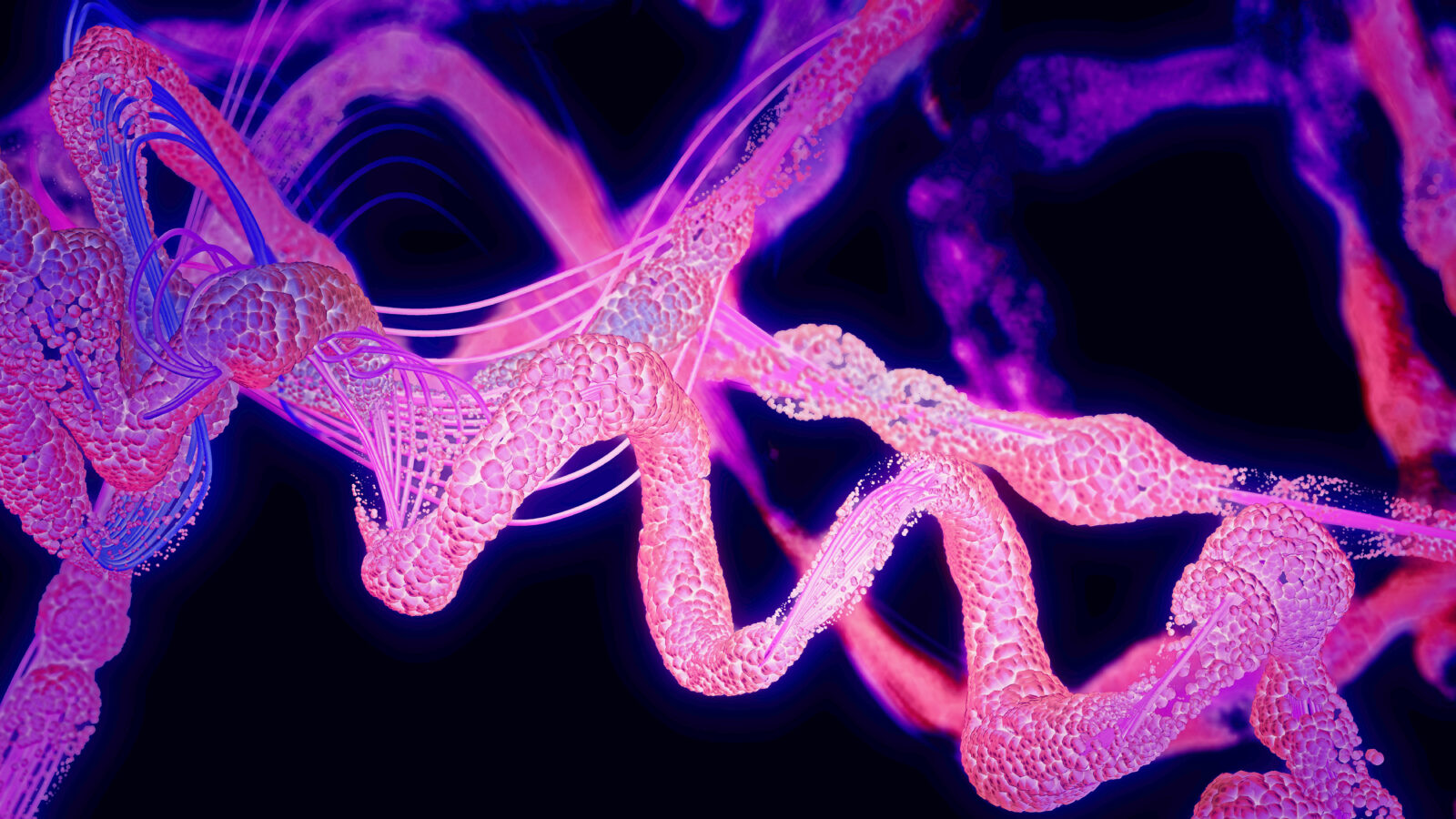Irreducible Complexity Stands Up To Biologist’s Research Efforts
SEATTLE – After several years of claiming that there is no debate about the theory of intelligent design (ID) researchers have published an article bringing the debate to the pages of the latest issue of Science. Three researchers, Jamie Bridgham, Sean Carroll and Joe Thornton claim to have shown how an irreducibly complex system, such as that described by Discovery senior fellow Michael Behe, might have arisen as the result of gene duplication and a few point mutational changes.
“This continues the venerable Darwinian tradition of making grandiose claims based on piddling results,” said biochemist Michael Behe, who developed the theory of irreducible complexity in his best-selling book Darwin’s Black Box. “There is nothing in the paper that an ID proponent would think was beyond random mutation and natural selection. In other words, it is a straw man.”
In a response posted on the Discovery Institute website, ID The Future (www.idthefuture.com) Behe explains: “The authors (including Christoph Adami in his Science commentary) are conveniently defining “irreducible complexity” way, way down. I certainly would not classify their system as anywhere near irreducibly complex (IC). The IC systems I discussed in Darwin’s Black Box contain multiple, active protein factors. Their “system”, on the other hand, consists of just a single protein and its ligand. Although in nature the receptor and ligand are part of a larger system that does have a biological function, the piece of that larger system they pick out does not do anything by itself. In other words, the isolated components they work on are not irreducibly complex.”
In addition to Behe’s response, on Friday Discovery’s Center for Science & Culture will publish an analysis of the research written by philosopher of biology Dr. Paul Nelson and philosopher of science Dr. Stephen Meyer.
“In the experiment just two amino acid residues were changed, no new components were added, no old components were taken away,” added Behe. “The fact that such very modest results are ballyhooed owes more, I strongly suspect, to the antipathy that many scientists feel toward ID than to the intrinsic value of the experiment itself.”
“If this is the best that the Darwinian establishment can do after ten years of trying to refute Behe’s theory of intelligent design, then neo-Darwinian theory is in a world of hurt,” said Dr. Stephen Meyer director of the Center for Science & Culture. “Indeed, Behe’s case grows stronger with each successive attempt to test it by experimental refutation.”
